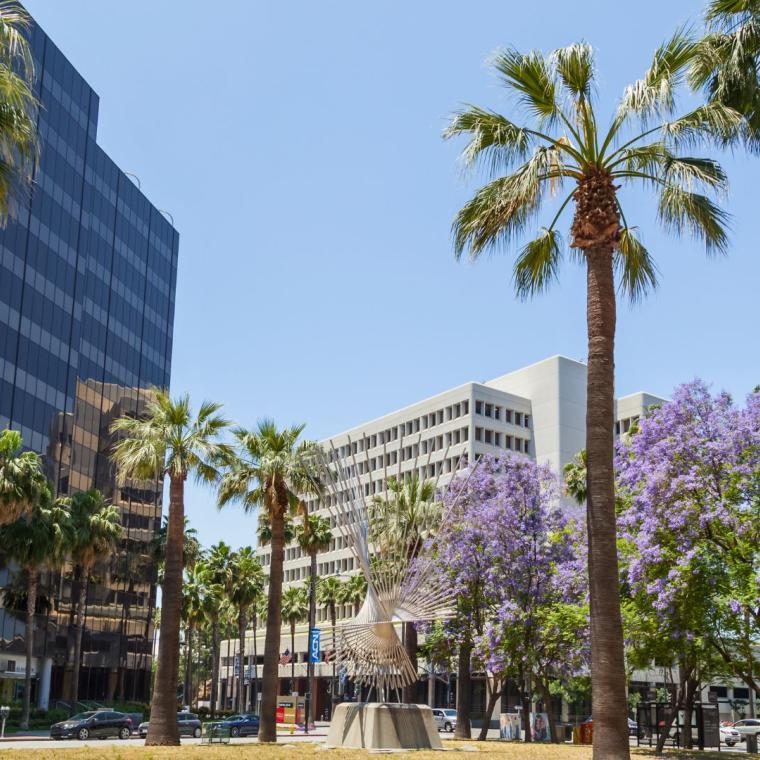
By Yegor Lanovenko, Global Co-Head of Fund Services, Ocorian
Eighty-one per cent of mid-market managers expect to outsource more in the next two years.
At the same time, half say fundraising has become harder, as LPs have more options than ever while also tightening due diligence and regulators tighten oversight. The link isn’t a coincidence. Outsourcing infrastructure allows for expedited gains in investor trust, and successful fundraising.
Ocorian’s latest Global Asset Monitor forecasts private assets growing almost 70% by 2030 to about $24 trillion. But the managers who capture that growth will not be defined solely by AUM or strategy. They will be defined by the ability to respond to LPs' insatiable need for near real-time data and the strength of their operating partners - the invisible architecture LPs now scrutinize before committing capital.
Governance also Aids Growth
Our survey of U.S. private equity and venture managers shows* 83% expect regulation to rise, 85% anticipate more fines, and 80% cite compliance complexity as a key factor in fund domiciliation. The U.S. is seen as the toughest environment, pushing more managers to structure funds offshore.
Governance has moved from a compliance line item to a growth facilitator. When the rules are opaque and scrutiny is high, LPs view operational clarity and consistency as the cleanest signal of discipline. Choosing the right jurisdiction, structuring with independent oversight, and embedding credible administrators and advisors are now fundraising prerequisites.
From Vendor to Embedded Partner
The operating model gap continues to widen. Only 8% of firms say their model is fully fit for purpose*; most are redesigning it within 18 months. Managers want counterparties and providers who act like extensions of their C-suite and investment teams - not processors, but true extensions of the managers’ teams and participants in decision-making.
At Ocorian, we see this shift every day. Fund managers are no longer asking us to just “run the back office.” They want us sitting in the same data environment, synchronizing fund admin, investor reporting, and compliance with their portfolio and risk decisions. The goal: investor-ready data that shortens closing timelines and reduces friction in due diligence. Expedited and accessible data transparency has become the new proof of governance.
Aligning Scale with Specialization
The Global Asset Monitor shows private markets splitting in two. Mega-managers continue to consolidate; mid-market specialists are thriving in private credit, digital infrastructure, and real assets. Yet specialization without scalable infrastructure stalls growth.
The advantage now lies with firms that can align niche focus with industrial-grade operations - the ability to manage multiple jurisdictions, satisfy institutional audit standards, and deliver LP reporting with precision and speed through flexible channels and on-demand access. That alignment of depth and scale is what turns operational soundness into competitive advantage.
Turning Compliance into Edge
Many managers still treat compliance as defensive; the best treat it as differentiating. LPs increasingly equate resilience with independence, preferring funds that use third-party oversight for valuation, administration, accounting and even middle office, with increasing use of shadow accounting. Technology is amplifying that edge. AI-driven analytics, automated workflows, and integrated audit trails embedded in workflow solutions are turning fund operations from reactive to predictive. The objective isn’t to replace expertise but to free it: letting teams focus on investment, investor relationships and exceptions rather than manual review cycles.
The New Currency of Confidence
Fundraising confidence today depends as much on data agility as on performance history. LPs expect accurate, on-demand visibility and institutional-grade DDQ readiness. Regulators demand integrated evidence trails. Managers who can deliver both and fast will win disproportionate trust.
That’s why outsourcing, when done strategically, isn’t a cost decision; it’s a credibility one. It provides segregation of duties, governance independence, tailored expertise and scalable control frameworks that even larger firms can’t and choose not to replicate internally. In a slower fundraising cycle, these elements can close the gap between a promising strategy and a funded one.
Trust Compounding
Private markets are still expanding, but capital is more selective. Investors want proof, not promises. In that environment, operational clarity and trusted partnerships are the differentiators that can help move capital commitments across the line. The question for managers isn’t whether to outsource - it’s whether they are doing so with a partner that can help them scale trust as well as operations.
At Ocorian, our focus is equipping clients with the infrastructure, insight, and confidence to handle operational and regulatory complexity at scale. The industry will keep growing; the winners will be those whose operating models inspire the same confidence as their investment theses.
In private markets, performance starts with trust, and trust, done right, can compound similarly to capital.
Discover more with Ocorian
Private markets are evolving fast. Our Global Asset Monitor shows private asset funds are set to reach nearly $24 trillion by 2030. At Ocorian, we combine scale, expertise, and global reach to help asset managers and asset owners navigate complexity and position themselves to seize the $24 trillion opportunity on the industry's not-so-distant horizon.
Explore our latest research and see how Ocorian can be your strategic partner across the full lifecycle of capital at ocorian.com.
*In May 2025, Ocorian commissioned independent research company PureProfile to interview 100 senior venture capital and mid-market private equity professionals in the US and Canada working for firms with $335.25 billion assets under management.
This article was first published in FT's FundFire.


